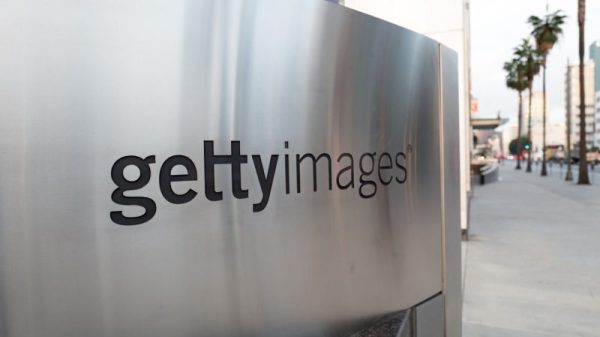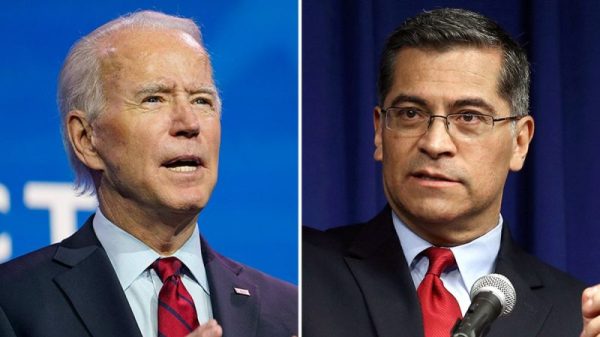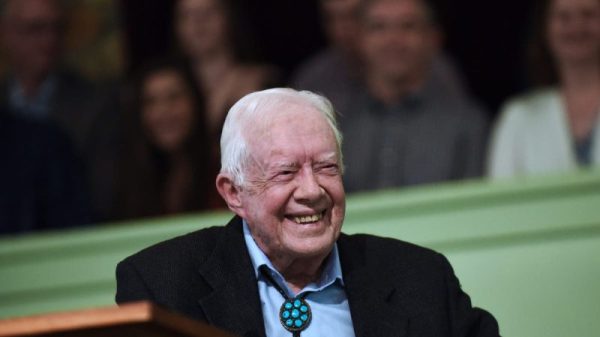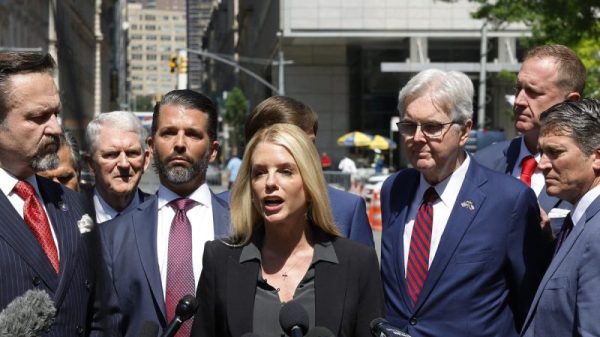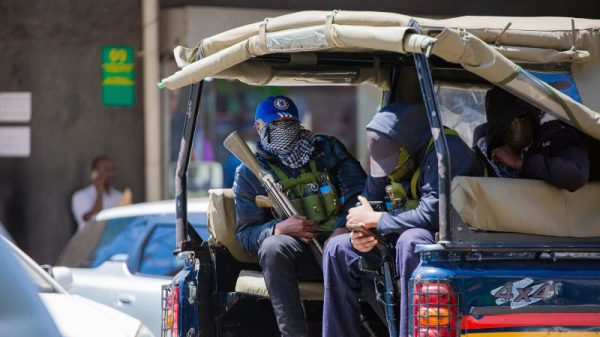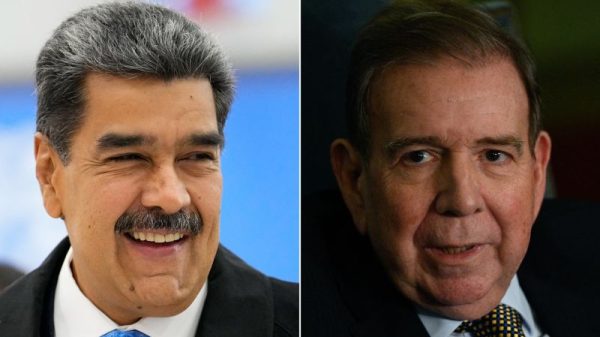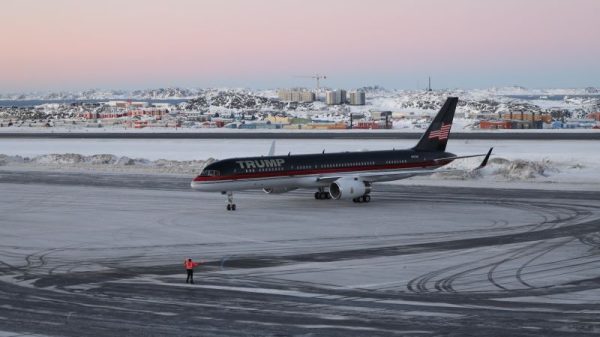“Everything is possible and is on the table, including the downgrade of the relations. But we are not there yet. We are talking to the Israelis, trying to explain and reach a consensus,” the official said.
The official said that coordination between the two countries on the Rafah operation, which Egypt has publicly opposed, “didn’t go well. And that’s why we warned Israel of dire repercussions.”
The Wall Street Journal earlier reported that Egypt was considering downgrading ties with Israel.
The top diplomats in both countries traded blame over the closure of the Rafah crossing as aid deliveries through the key land crossing halted.
Rafah had been the entry point for nearly a quarter of the relief entering the Gaza Strip before Israel’s operation. On Tuesday, the US State Department warned that only 50 humanitarian aid trucks made it through to Gaza on Sunday, down from hundreds per day in previous weeks, adding that the number is “not nearly enough.”
Israel placed the blame for the crossing’s closure on Egypt. In a statement on X, Israeli Foreign Minister Israel Katz on Tuesday said he had spoken to UK Foreign Secretary David Cameron and German Foreign Minister Annalena Baerbock “about the need to persuade Egypt to reopen the Rafah crossing to allow the continued delivery of international humanitarian aid to Gaza.”
The Israeli minister’s comments drew backlash from Egypt’s foreign minister, Sameh Shoukry, who rejected Katz’ statement, calling it a “policy of distorting the facts.”
Shoukry stated Egypt’s “categorical rejection of the policy of distorting the facts and disavowing responsibility followed by the Israeli side,” adding that Katz’s remarks are “desperate attempts by Israel to hold Egypt responsible for the unprecedented humanitarian crisis facing the Gaza Strip.”
The crisis, Shoukry said, “is a direct result of indiscriminate Israeli attacks against the Palestinians for more than seven months.”
“It needs to be in the hands of the Palestinians,” the official said, adding that the crossing could be placed under the control of the Palestinian civil defense. “These are neither Hamas nor Fatah (a rival party to Hamas).”
Israeli troops at the Egyptian border
Adding to tensions are Israeli military movements that have seen the Jewish state’s tanks and soldiers operating on Egypt’s doorstep, causing outrage in Egyptian media for alleged violations of the 1979 peace treaty signed between the two countries.
Israeli troops have crossed into an area that was demilitarized in that treaty four decades ago – including parts of a border zone known as the Philadelphi Corridor, where the Rafah crossing lies. Videos released by the Israeli military last week showed Israeli flags raised on the Palestinian side of the frontier.
The Philadelphi Corridor is a 14-kilometer (about 8.7 mile) long and 100-meter-wide strip of land running along the border between Gaza and Egypt. The corridor is key to the 1979 treaty, a pact that saw Egypt and Israel end their enmity and which restricted the number of troops each side can place near the other’s territory.
Changes to the security presence in the area must be made with mutual agreement. Over the years, amendments to security agreements between Egypt and Israel have allowed Cairo to boost its security presence in the Sinai Peninsula, which borders Israel.
Israel has not disclosed the scale of its military presence in Rafah. But according to the 1979 peace treaty, which was drawn up before Israel unilaterally withdrew troops from Gaza in 2005, Israel is allowed a limited force of four infantry battalions in Zone D – where the Philadelphi Corridor lies.
These battalions may consist of up to 180 armored personnel vehicles and a total of four thousand personnel. The presence of tanks, artillery and anti-aircraft missiles, except individual surface-to-air missiles, isn’t allowed, the treaty says.









